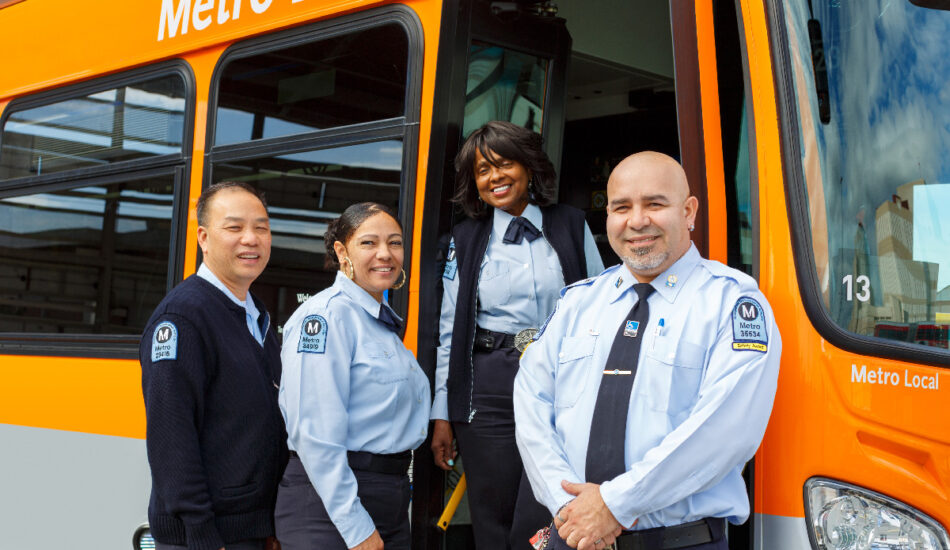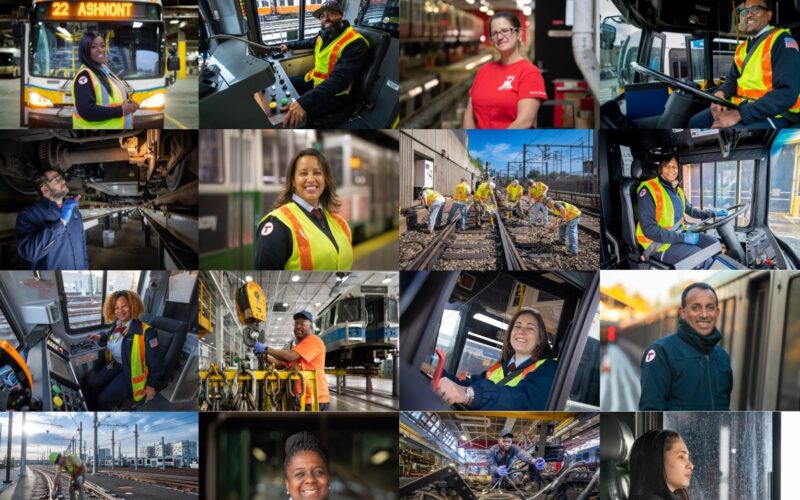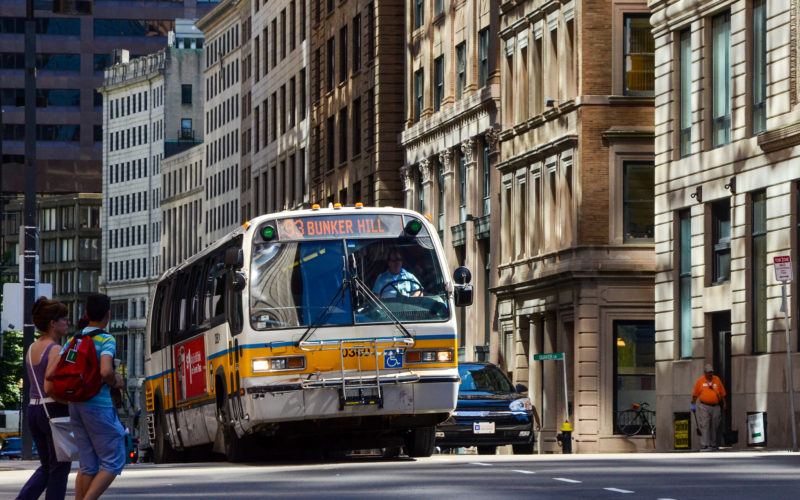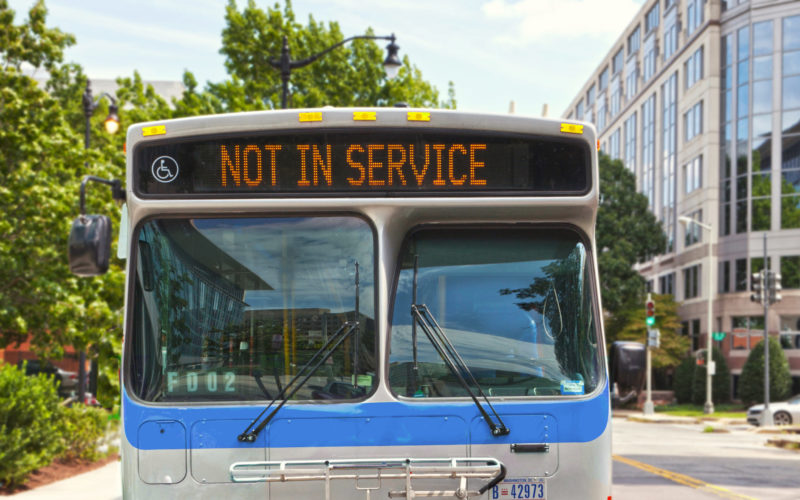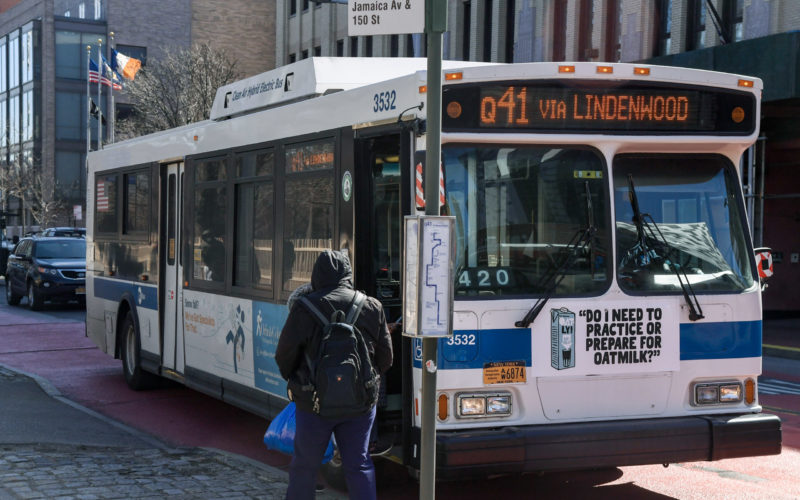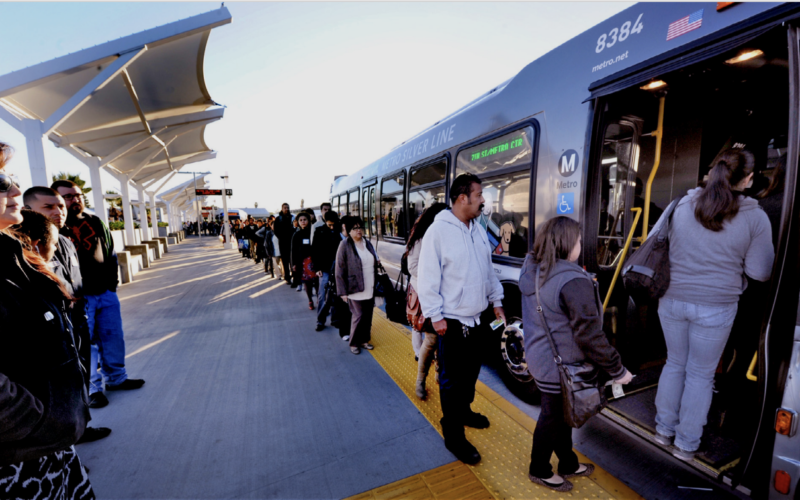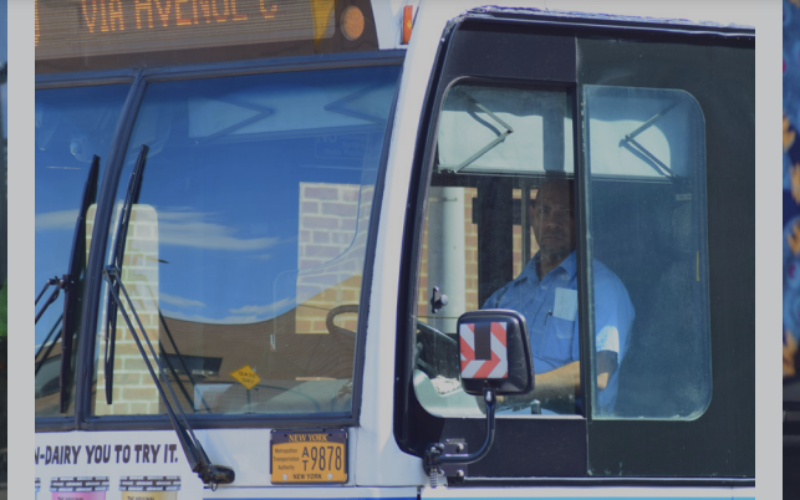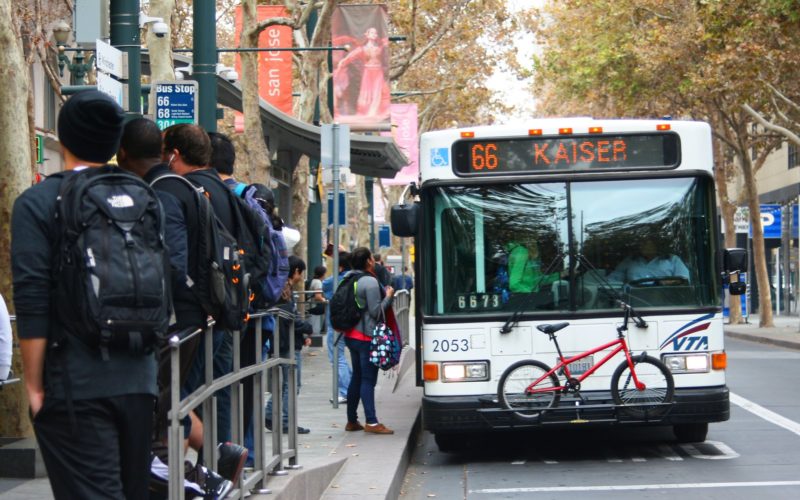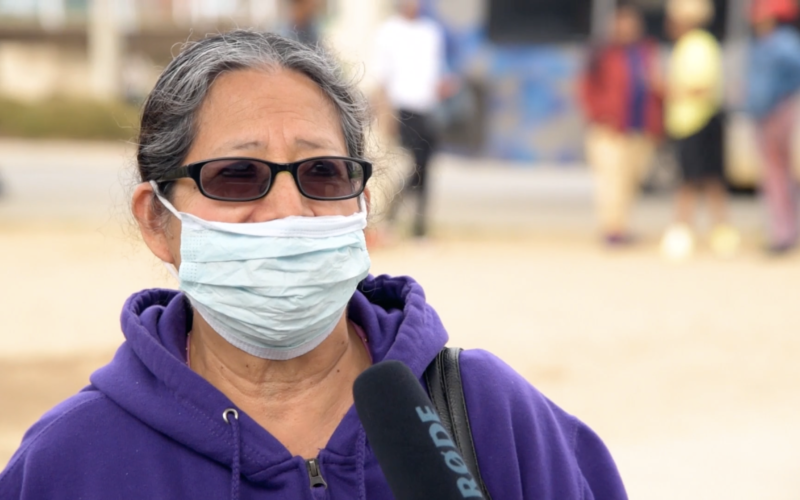New drug testing rules from the USDOT could make it easier for transit agencies to recruit more operators - but only if they implement the rule.
Read MoreThe Massachusetts Bay Transportation Authority and its union, Carmen’s Local 589, reached a historic agreement to increase bus operators' starting wages from $22.21 to $30 an hour, shifting MBTA operators from the lowest paid to the highest paid in the transportation industry.
Read MoreBoston's MBTA is facing a variety of safety and staffing crises that are limiting its ability to continue to provide 100% of pre-pandemic service.
Read MoreTransitCenter’s new report, “Bus Operators in Crisis,” details the challenges American operators are facing, and offers solutions that transit agencies can take to solve issues locally. It also proposes steps that states and the federal government can take to support transit agencies.
Read MoreIn this post, we’re drilling down into 2021 service levels across mode in the seven highest ridership cities to see the choices agencies are making about how to allocate service, as well as to gauge the impact operator shortages are having.
Read MoreOur latest report reveals a yawning gap between the demographics of transit riders – primarily women and people of color – and leadership at transit agencies – primarily white men.
Read MoreThe national transit operator and maintenance worker shortage is nothing less than an emergency, resulting in cuts to transit service affecting millions of riders.
Read MoreWhat comes next as transit agencies strive to bring service back and deliver what riders need in 2021 and beyond? In a series of posts based on interviews with transit agency staff, TransitCenter will outline the challenges and opportunities facing the transit industry as it recovers from the pandemic.
Read MoreAmong the many unsung heroes of this moment, transit advocates throughout the United States are mobilizing to win the transit resources to keep our cities running.
Read More